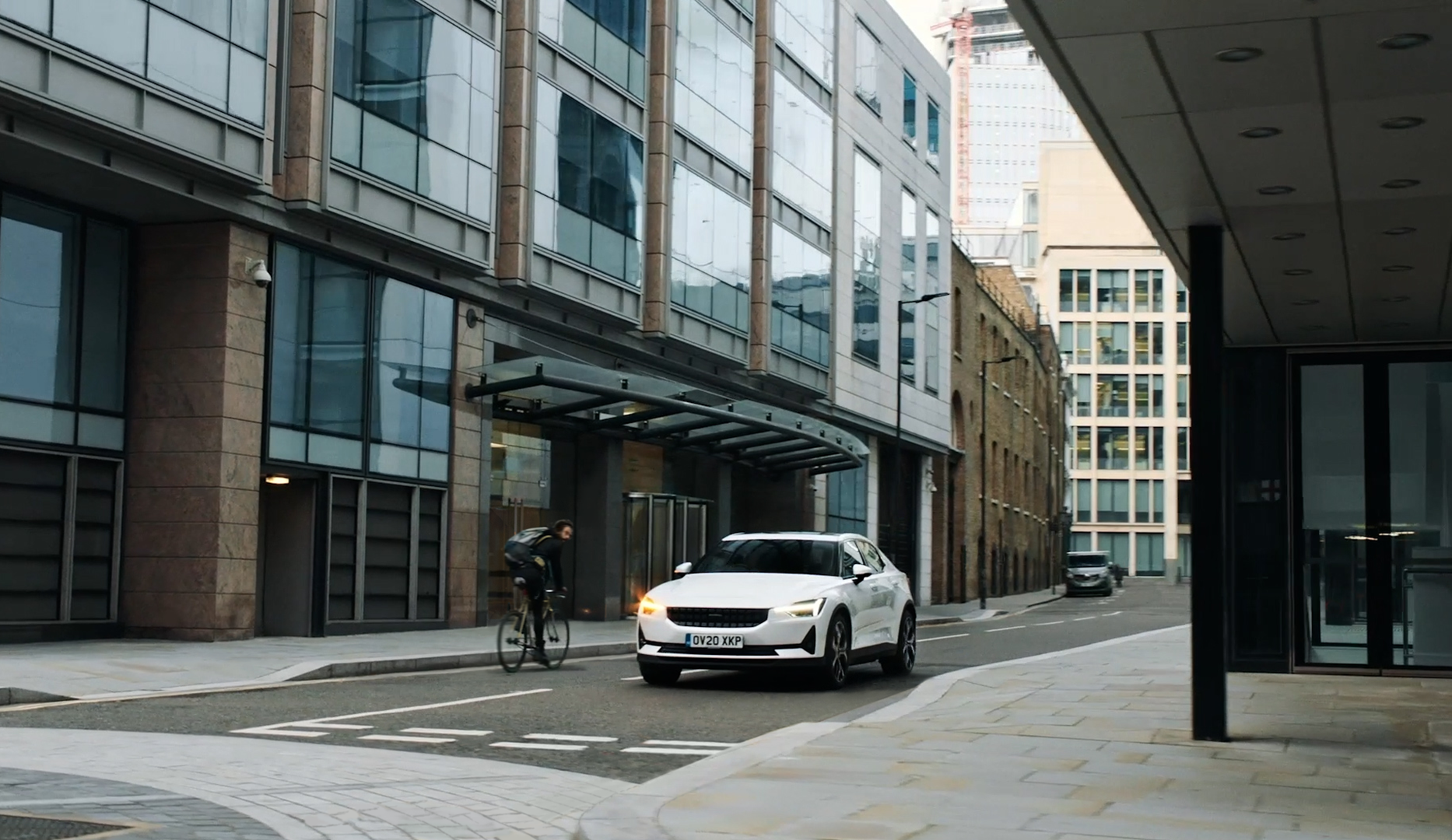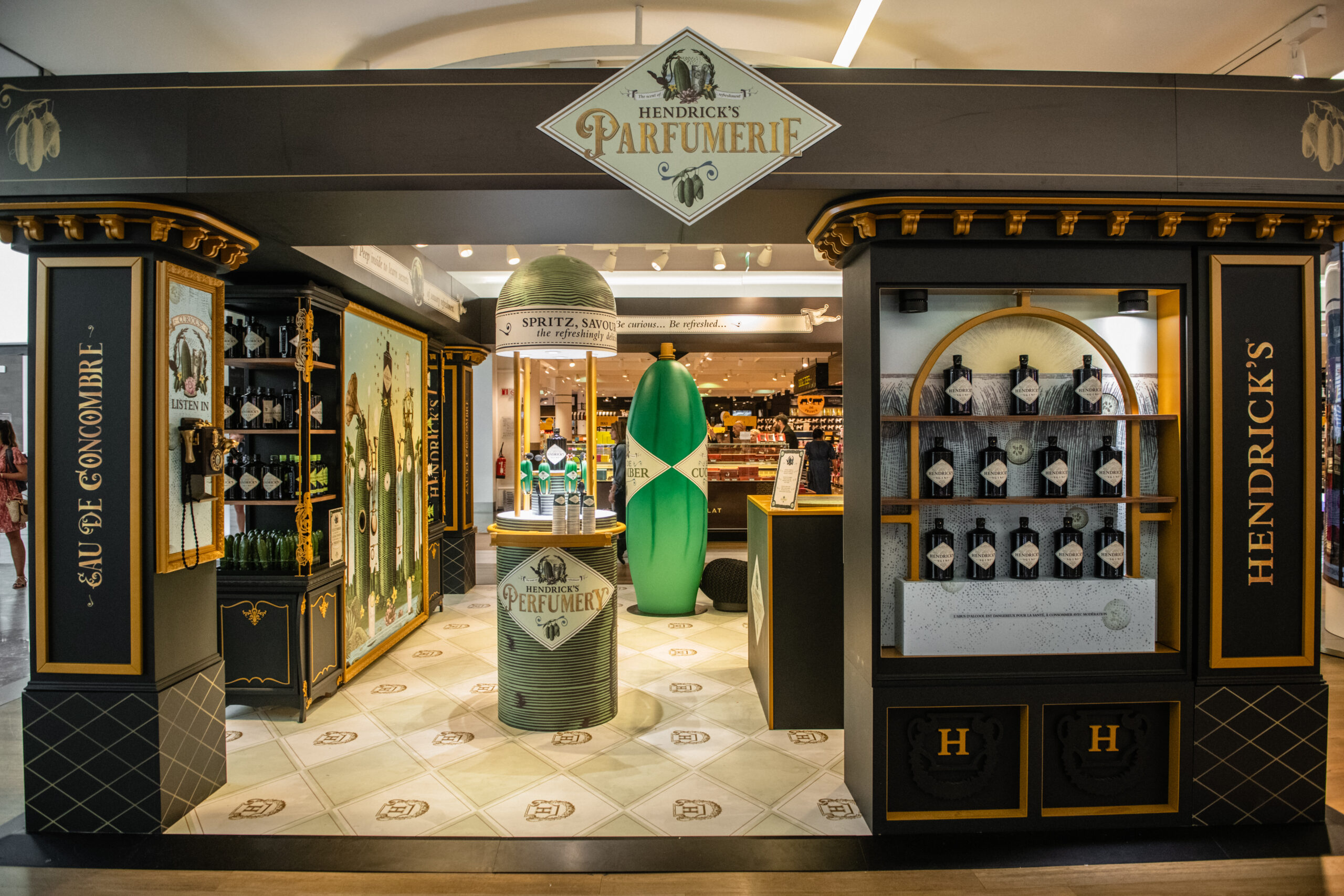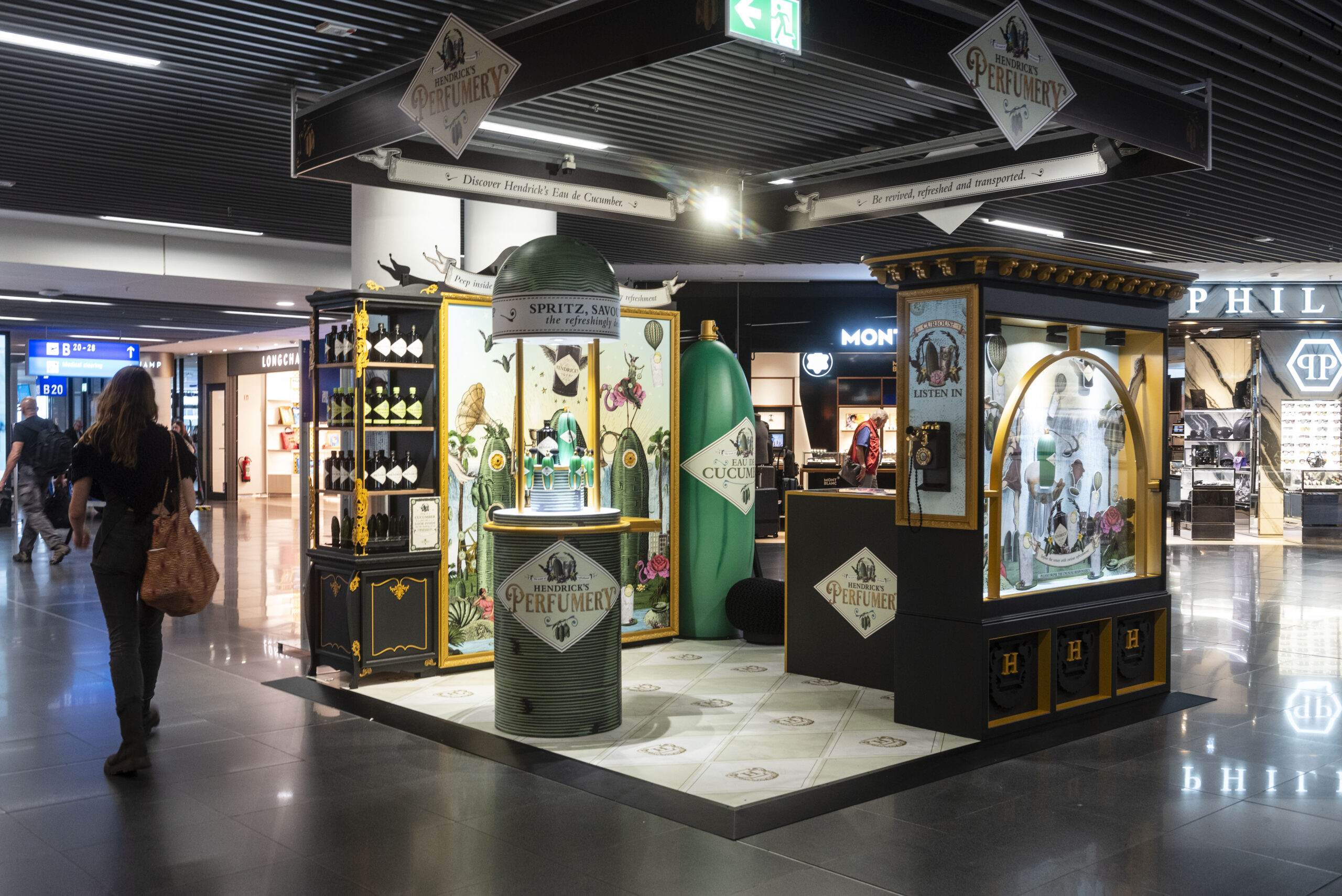Brand communications that create futures

While there may have been greater leaps in adapting to a changing world in the past, it certainly feels true that as of today we are in a constant state of flux, and we are having to question “normality” on a weekly basis for the sakes of a better world. Marketing has always had a significant role in the way that people and consumer behaviour adapt to change, but now more than ever, there is a duty for agencies to use their creativity to positively influence humongous audiences and to use communications to design better futures.
A report published by the New Weather Institute & We Are Possible in 2020 found that the advertising industry indirectly contributes to the climate crisis. Which doesn’t sound particularly surprising, but it highlights an obvious systemic opportunity; if a cultural force can indirectly create bad behaviour, surely it can be used to create positive change?
Having worked with multiple challenger brands, I have often found the issue in creating this change isn’t found in people’s desire to advance, but rather their willingness to let go of something known and secure. In our hierarchy of needs, when a product looks brand new, and potentially usurps something familiar (and something that already works well), people can feel like there will be a hole in their lives. The role of communications becomes vital in making a transition.
The key to communications contributing to any shift in behaviour should reflect the advantages of the product in question. Looking back to the launch of the iPod and iTunes, the emphasis wasn’t placed upon the technical prowess of the system, but its inherent intuitiveness and its cultural significance in music for the people. Therefore, the communications surrounding this paradigm shift married simplicity with intuition and partnered the product with music culture rather than sound. There was no need to explain the shift, if you loved music & the culture that came with it, you needed an iPod to facilitate your passion. Communications were absolutely vital to the paradigm shift.
In house at Space, we have had the opportunity to create positive change through our client partner, Polestar. It is undoubtedly a good thing for people to choose an electric vehicle as their next car. And yet, because consumers cannot risk leaving a basic need of security wide open; the practicality of electric vehicle ownership, range, maintenance, refuelling etc. there is resistance to let go of petrol. The crux of our communications leaned into design as the game changing philosophy for the category. Understanding the barriers to the switch from combustion to electric resulted in the idea that Polestar wasn’t engineered to save the planet, but rather designed to improve the user’s life. A serene, mindful approach to a liveable, and beautiful driving experience looked to go beyond the conventions of the automotive category. The result was a world that evidently designed the user experience of driving around human needs. The minimal approach to our visual world and partnership with designers from other categories reinforced the emphasis on design and its desirability as a luxurious brand.
Of course, it’s much easier to make positive change through comms with brands that are part of the change, but what about other categories, such as FMCG brands that have a more everyday role in our lives? Professor Neri Oxman from MIT talks about the importance of shifting perspective on the words that we use rather than ignoring them. We can create positive change by bringing people closer to the accountability of how they experience products. So rather than eschewing materialism, we should be in fact more materialistic. We should be knowledgeable, connected, considered with all the things we consume. We should think about their significance in relation to our environment and make products a valuable part of our existence. Increasing appreciation, like our work with Nature Valley in the campaign #visitnature reinforces the value strategy of the brand, but also encourages people to take notice of how important their relationship is with the world around them. It’s a leap to say the campaign undoes carbon footprints, but it’s an opportunity for the brand to create better and more valuable relationships with the world which shouldn’t be passed up.
In my opinion, I’ve always considered the duty of the marketing industry as one of great significance. There are a small number of institutions that carry a platform; politics, celebrity, and marketing being a few. Therefore, it is important that we design the futures in our communications that help consumers adopt better behaviour. The brands that will win long term will be those that will marry value for consumers with an emphasis on a world that should be seen as incredibly valuable.
Four key take outs.
- The world is changing more than ever, and brands must keep up not only to avoid irrelevance but with a duty of stewardship.
- Good communications are a powerful tool in helping consumers understand the value of positive change.
- Great communications make people go through change without even realising it is happening.
- Don’t preach to the converted; Positive change isn’t solely the duty of ethical brands, but something for all brands and agency partners to consider as part of growing into an ever-changing world.
This article was written by Aaron McFeely, Lead Strategist at Space.

